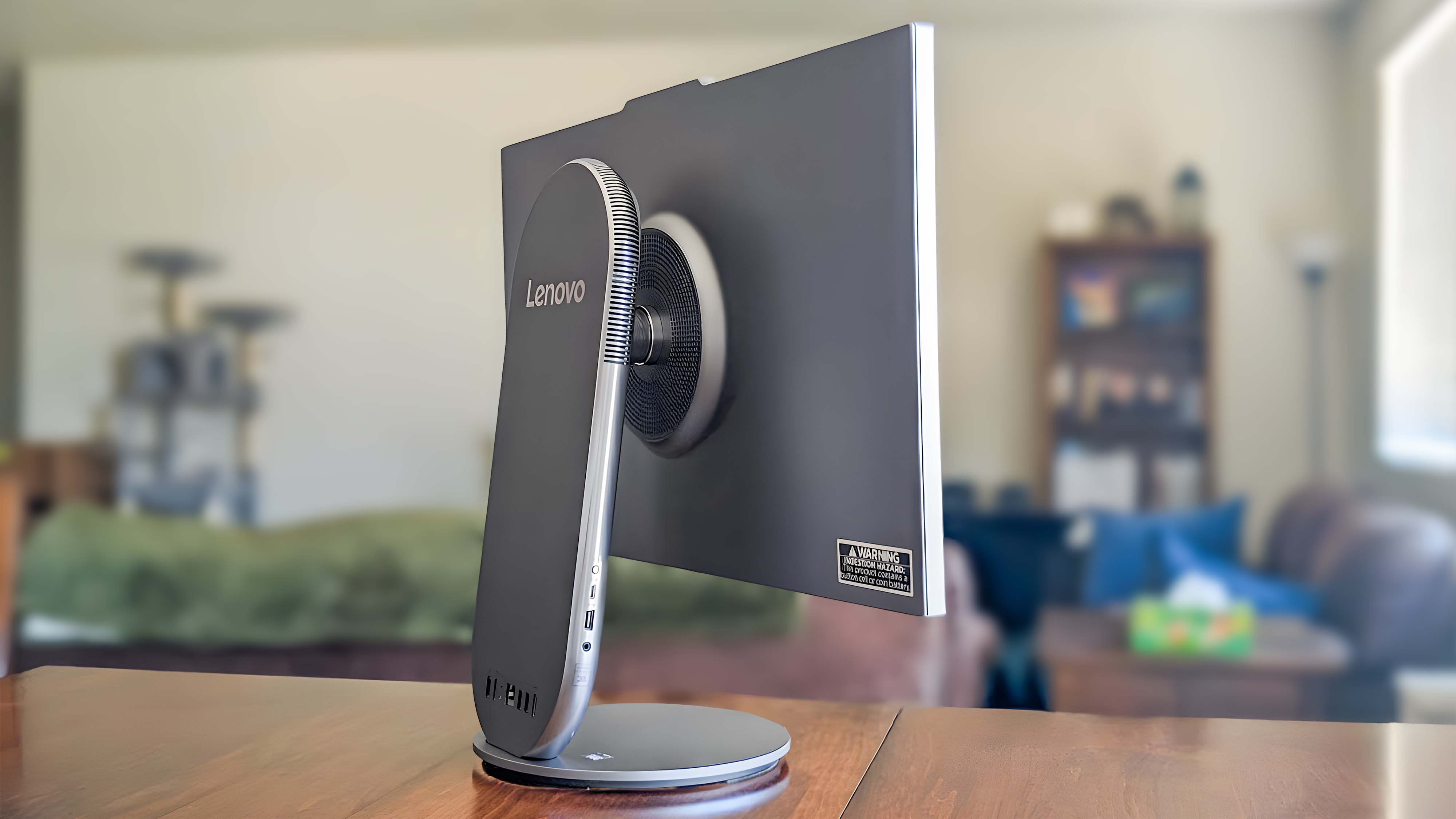U.S. Supreme Court hears arguments in Microsoft data privacy case
The U.S. Supreme Court began hearing arguments in Microsoft's data privacy fight with the Justice Department on Tuesday.

All the latest news, reviews, and guides for Windows and Xbox diehards.
You are now subscribed
Your newsletter sign-up was successful
The U.S. Supreme Court heard arguments in a case pitting Microsoft versus the Justice Department over data privacy rights. The case is seen as pivotal in deciding whether the U.S. government has the right to secure data stored overseas from tech companies.
The legal tussle dates back to 2013, when Microsoft was served with a domestic warrant for emails stored in a datacenter located in Ireland as part of a drug trafficking case. Microsoft fought the order, arguing that U.S. law doesn't grant the government the right to access private information stored abroad and that it should instead work with the Irish government to secure the data in question. The Justice Department argues that Microsoft should be forced to turn over the data because it is headquartered in the U.S.
An appeals court sided with Microsoft in 2016, leading the Justice Department to petition the Supreme Court to take up the case.
According to Reuters, Supreme Court Justices appeared divided on the issue. Conservative Justices John Roberts and Samuel Alito appeared partial to the government's argument. Liberal Justices Ruth Bader Ginsburg and Sonia Sotomayor suggested that, because Congress is considering legislation to resolve the issue, action by the court may not be needed.
Ahead of today's hearing, Brad Smith, Microsoft's President and Chief Legal Officer, weighed in on the issue, arguing in a blog post that Congress should solve the issue by enacting laws built for the 21st century. From Smith:
Everyone agrees that new technology poses new problems that need to be solved. We've argued since the day we filed this case in 2013 that we need modern laws to govern today's technology. We can't rely on laws written three decades ago, before the internet as we know it was invented. Ultimately the courts – including the Supreme Court – can decide only whether the Department of Justice's approach passes muster under current law. The courts are not able to write a new law. Under the U.S. Constitution, only Congress can do that, using its tools to craft a nuanced solution that balances all the competing concerns by enacting a statute for the 21st century.
Congress has introduced the CLOUD Act, bi-partisan legislation that Microsoft says would create "both the incentive and the framework for governments to sit down and negotiate modern bi-lateral agreements that will define how law enforcement agencies can access data across borders to investigate crimes."
A decision in the case is due by the end of June.
All the latest news, reviews, and guides for Windows and Xbox diehards.

Dan Thorp-Lancaster is the former Editor-in-Chief of Windows Central. He began working with Windows Central, Android Central, and iMore as a news writer in 2014 and is obsessed with tech of all sorts. You can follow Dan on Twitter @DthorpL and Instagram @heyitsdtl.
